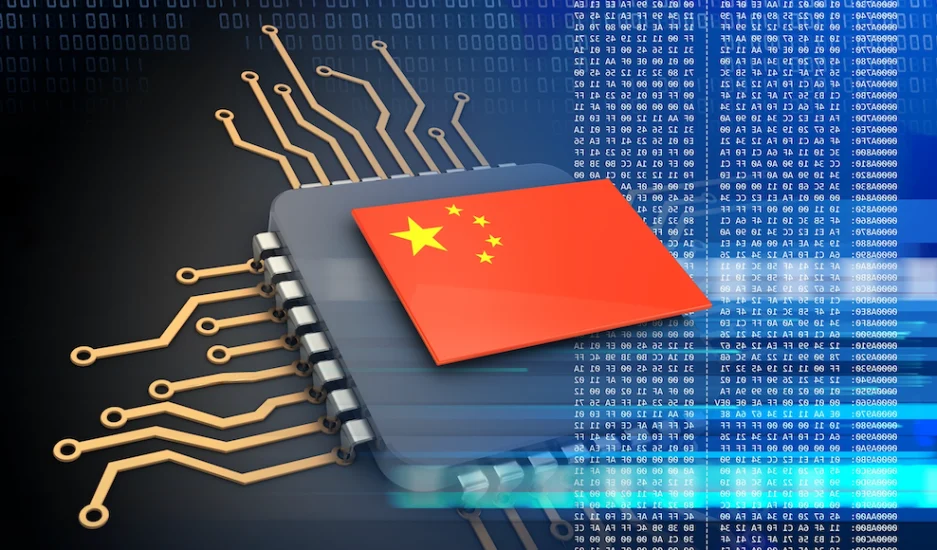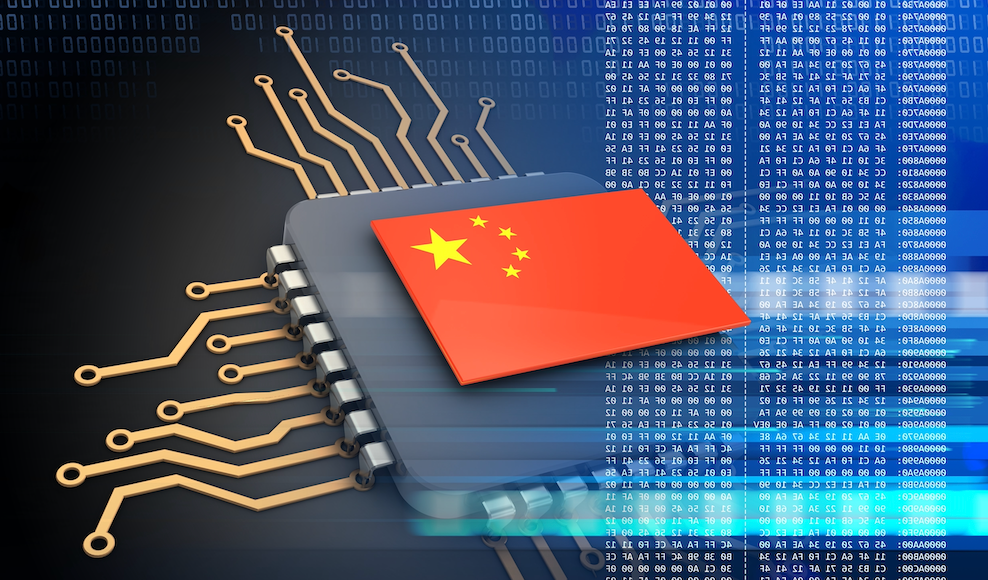BY: Pooya Mirzaei

PEJOURNAL – When examining serious US national security concerns towards China, it is clear that US concerns about China are not unfounded, and that these concerns have multiple contexts, especially in the high-tech sector.
China has developed quantum supercomputers that perform one-year calculations in an hour or less. The development of advanced quantum computers has raised serious concerns in the United States about cybersecurity and espionage. The Chinese are also seeking to innovate to global standards for emerging technologies such as the 5G Internet, the IoT, artificial intelligence and other related fields.
These activities set global standards for future generations of technology that will have a huge impact on the technology industry around the world in the future. China’s plans for 2018, in line with other industrial policies of 2025, are set to bring the Chinese to the top of the “single” spheres in the world. The goals of China’s ambitious program are to shape the global technology industry to compete with the United States and share global leadership.
Beijing pursues the goal in high-tech programs that countries and foreign investors must familiarize themselves with China 2035 standards and, willingly or unwillingly, must operate directly within China’s technology industry. China’s leadership in 5G technology has led US national security experts to become so sensitive that they have little intention of bargaining over it and see their national sovereignty as vulnerable to China’s “one-size-fits-all” developments. Even the US National Security Agency (NSA) is seriously concerned about this issue.
The Chinese domination of the global network structure in a project called the Clean Network demonstrates Beijing’s cyber and security superiority. Thus, the United States has come to the conclusion on the subject of a clean network that if in the United States an application or information storage, telecommunications, or cloud computing belongs to China, it is not considered pure by the United States. So the Biden government added 59 other Chinese companies to the sanctions list. Companies such as Alibaba, Baidu, China Mobile, Telecom and Tennent were first referred to as Adversary, which has its own meaning and weight in terms of high-tech literature. Therefore, in terms of quantity and efficiency, American concerns are very serious and justified.
The Chinese have even managed to overtake the Americans in recent years in the Quantum Key Distribution case, indicating that China has broken down the wall and been able to create a quantum key distribution. China is increasingly trying to solve the problem of quantum cryptography with the Micius satellite. In 2017, China successfully tested a series of cryptographic keys between two receiver bases with a distance of 1120 km and passing through Beijing, Jinan, Haifa and Shanghai, while the United States did so at a distance of 400 km.
China’s acquisition of quantum space communications has serious national security implications for Americans. The development of impenetrable secure communications in China will pose a threat to US intelligence agencies. Because China’s efforts to use secure quantum communications may lead to agreements to manage space activities to serve their national interests. Simply put, efficient quantum computing systems can jeopardize current coding and encryption methods on the Internet and provide a basis for Internet exchanges and digital communications as an alternative to previous methods.
On the other hand, the need for completely random cryptography is not possible with available cryptocurrencies and requires quantum systems to generate completely random numbers that provide more serious and effective security, and listeners cannot access information about these keys or encrypted signals.
Therefore, it is not possible to copy quantum information for espionage. A secure quantum computer system by 2030 is something on the Chinese agenda. This, in turn, has led Americans to seek to create a new type of cryptographic algorithmic method that can dominate the encrypted data transmission system with post-quantum cryptographic methods and its implementation on classical computers. The National Institute of Technology and Standards of America is currently evaluating post-quantum encryption alternatives to take action on China’s progress.
Finally, ensuring the security of quantum key distribution systems in the fields of cyber security makes it impossible to detect and eavesdrop on spies and cyber actions in communication channels by rival and hostile countries. Such developments in communications security could potentially offset the information that may be obtained for political and military decision-making or military superiority in a military crisis.
On a practical level, US sanctions against China began with the embargo on Huawei products and gradually spread to other Chinese technologies. This is where the boycott of 59 new companies on the US investment ban list and the non-admission of Chinese students in the field of cloud computing was an important step in dealing a serious blow to raising capital for the development of startups and to confront Chinese technology companies.
The United States has argued that the installation and use of Chinese equipment in the networks of neighboring countries could lead to the reading or diversion of digital data by Chinese intelligence agencies, leading to a national security crisis. So from Washington’s point of view, the 5G issue could in the future somehow determine whether countries belong to the East or the West.
U.S. officials say the 5G debate is China’s most dangerous and conspiratorial program, beyond plans such as the belt and road to national dependence, or even giving money to politicians and subsidizing libraries and universities. According to them, if Chinese companies led by Huawei succeed in installing the hardware and software of the new generation of future networks; the Chinese government will receive unprecedented information about other countries’ infrastructure. This includes not only the communications sector but also gas pipelines to water resources, factories, and future smart city projects.
In the process of tensions between Washington and Beijing, the Americans’ sensitivity and attitude towards Beijing has increased, and the process of sanctions has even been intertwined with psychological and economic warfare. An example of a US threat against European countries was Germany and Britain. The United States has threatened to “cut off access to sensitive US intelligence tools and military bases” if it were to accept Chinese 5G technology and subsequent investments by Beijing. Europe has also eased some military tensions between the United States and China.
This coordination between Europe and the United States will to some extent prevent the economic effects of China’s technological domination, but it can never effectively prevent the Chinese from achieving their ultimate goal of industrial self-sufficiency. At the same time, of course, the Chinese will not sit idle and will eventually embark on their traditional markets to replace Europe and the United States. So the only way left for the United States in front of China is to enter a global partnership with countries that invest in their innovative companies by buying technology from the United States before China enters the global market. In any case, much of the future order of the world depends on the creativity of high-tech.
